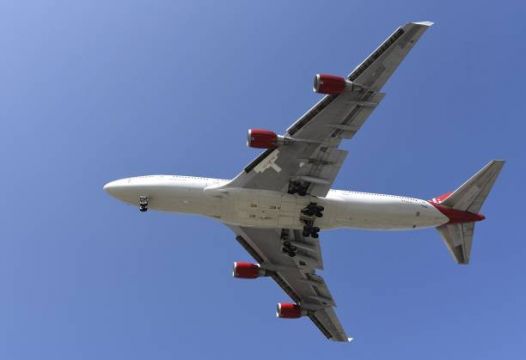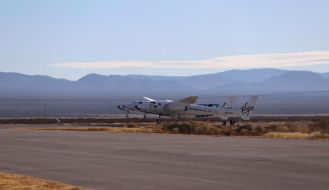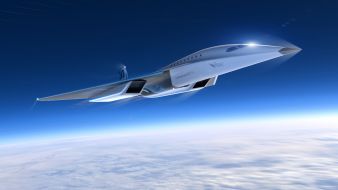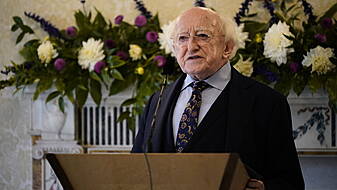Billionaire Richard Branson’s Virgin Orbit aims to reach space for the first time on Sunday by launching a rocket from mid-air, a key attempt after aborting the rocket’s first test launch last year.
The Long Beach, California-based company loaded its LauncherOne rocket with fuel under clear skies Sunday morning at the Mojave Air and Space Port in southern California before aiming to take flight at 10:50 a.m. PT under the wing of a modified Boeing Co 747 nicknamed CosmicGirl.
The rocket, a 70-foot launcher tailored for sending small satellites to orbit, will be dropped once its CosmicGirl carrier craft reaches peak altitude of around 40,000 feet over the Pacific ocean.
It will ignite its single engine to ascend out of Earth’s atmosphere, attempting to send 10 small satellites into orbit for NASA.
For Virgin Orbit, the Launch Demo 2 mission is aimed at “further enhancing our knowledge & demonstrating LauncherOne's full capabilities,” the company wrote on Twitter Sunday.
“It's important to note that as the mission name implies, this is still a test,” it added.
The window for the launch test began on Sunday at 10 a.m. PT (6:00pm GMT) and lasts until 2 p.m. PT. The company has additional opportunities for the test throughout January.
Stiff competition
Virgin executives say high-altitude launches allow satellites to be placed in their intended orbit more efficiently and also minimize weather-related cancellations compared to rockets launched vertically from a ground pad.
Competition is fierce between Virgin Orbit, Firefly and U.S.-New Zealand company Rocket Lab, which are designing smaller or non-traditional systems to inject smaller satellites into orbit and meet growing demand.
LauncherOne’s first attempt to reach space early last year was terminated seconds after it was dropped from its carrier aircraft.
The rocket ignited its NewtonThree engine for a few seconds but cut off mid-air due to a broken propellant line, Virgin Orbit’s Chief Executive Dan Hart said in July. The company later said it was able to collect crucial test data during the brief flight.
Virgin Orbit has fallen behind Rocket Lab, which has already completed some 17 orbital launches, though Virgin Orbit says its rocket can haul about twice the weight.
Virgin Orbit’s government services subsidiary VOX Space LLC is selling launches using the system to the U.S. military, with a first mission slated for October under a $35 million U.S. Space Force contract for three missions.







